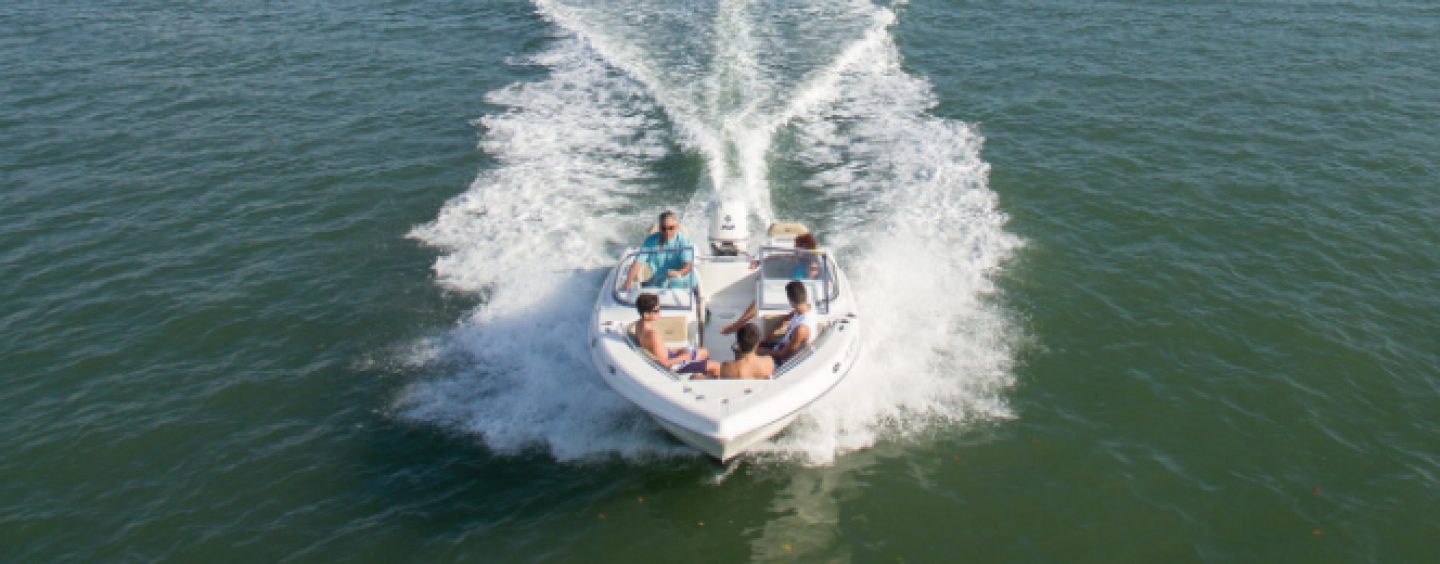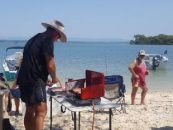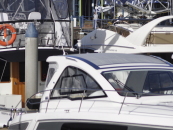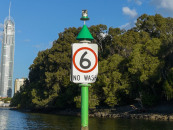Marine incident. Two words that frighten many a boater, various fears leap to mind: injury, damage, insurance, cost, penalties.
On average, a marine incident will occur on 9 in every 10 days. The majority of marine incidents do not result in any injury, and no (or only minor) damage to the boat. Hence, marine incidents, for the majority of those involved, are almost non-events that have no repercussions. Even where this is the case, it is important for every boater to report every marine incident that occurs.
Marine incidents are defined by the Transport Operations (Marine Safety) Act 1994, and mean events causing or involving any of the following:
• Danger to a person caused by a ship’s operations;
• Danger of significant damage to a structure caused by a ship’s operations;
• Significant damage caused by a ship’s operations;
• Significant damage, or danger of significant damage to a ship;
• A collision with a ship;
• The stranding of a ship;
• The loss or presumed loss or abandonment of a ship;
• The loss of a person from a ship; or,
• The death of, or grievous bodily harm to a person, caused by a ship’s operations.
In 2017, less marine incidents were reported than any other year in the last decade. A total of 322 marine incidents involving 440 vessels and 547 people were reported. Of the 322 marine incidents, 492 people reported no injury and 146 vessels reported no damage.
REPORT AND HELP
But really, there are only two words that need to be remembered: report and help. The reason why ‘report’ and ‘help’ are the two words to remember is because these are the boater’s obligations.
The 10-year term average for incident reporting is 162.5 per 100,000 Queensland regulated ship registrations. In 2017, the rate of reporting dropped significantly to only 124.6. This decrease in incident reporting could be a sign of boaters taking to the water more carefully and safely. Or, it could mean that marine incidents are not being reported.
The fact is that there are two obligations when a marine incident occurs: to provide help, and to report.
The Transport Operations (Marine Safety) Act 1994 places an obligation on masters of Queensland regulated boats to provide help. Where an incident occurs involving two or more boats, the master of a boat has the obligation to help. Help may mean providing additional crew, staying near the other boat, and providing particulars adequate to identify the boat and its owner. These obligations are only avoidable if to do so would cause danger to the ship or persons on board. Not to provide such help can result in penalties, and even be considered as a criminal offence.
The second obligation is to report the marine incident. Where a marine incident occurs, there is an obligation for the master to report the incident within 48 hours of its occurrence. To not do so can result in penalties, unless there is a reasonable excuse for the delay in reporting. Should the incident have involved the loss, presumed loss or abandonment of a vessel, then there is an added responsibility to report the incident at the earliest opportunity after the incident occurs and still within 48 hours. Failure to report can also result in penalties to the master.
The master must also report dangers to navigation. Such dangers to navigation may include abandoned ships, damaged aids to navigation, severe weather, or changes to bar conditions. In recent times, shipping containers that have fallen off a container ship may also pose a hazard. The master must promptly communicate the danger by radio, or other means, alerting ships in the vicinity and the nearest harbour master or coastal radio station of the danger.
If a marine incident occurs, report it! The reporter can find the Marine Incident Report Form on the Maritime Safety Queensland (MSQ) website, Department of Transport and Main Roads (TMR) customer service centres, MSQ regional offices, and Queensland Boating and Fisheries Patrol offices. If you are concerned about your potential liability in the circumstances, you may obtain legal advice and assistance with filling in the marine incident report.
The completion of a marine incident report is a legal requirement, and the statistics inform safety campaigns and policy as well as technical standards and investigations. If you are at all concerned about making admissions of guilt or liability, obtain legal advice before submitting the form.
By Ms Kendall Messer, Law Graduate



























